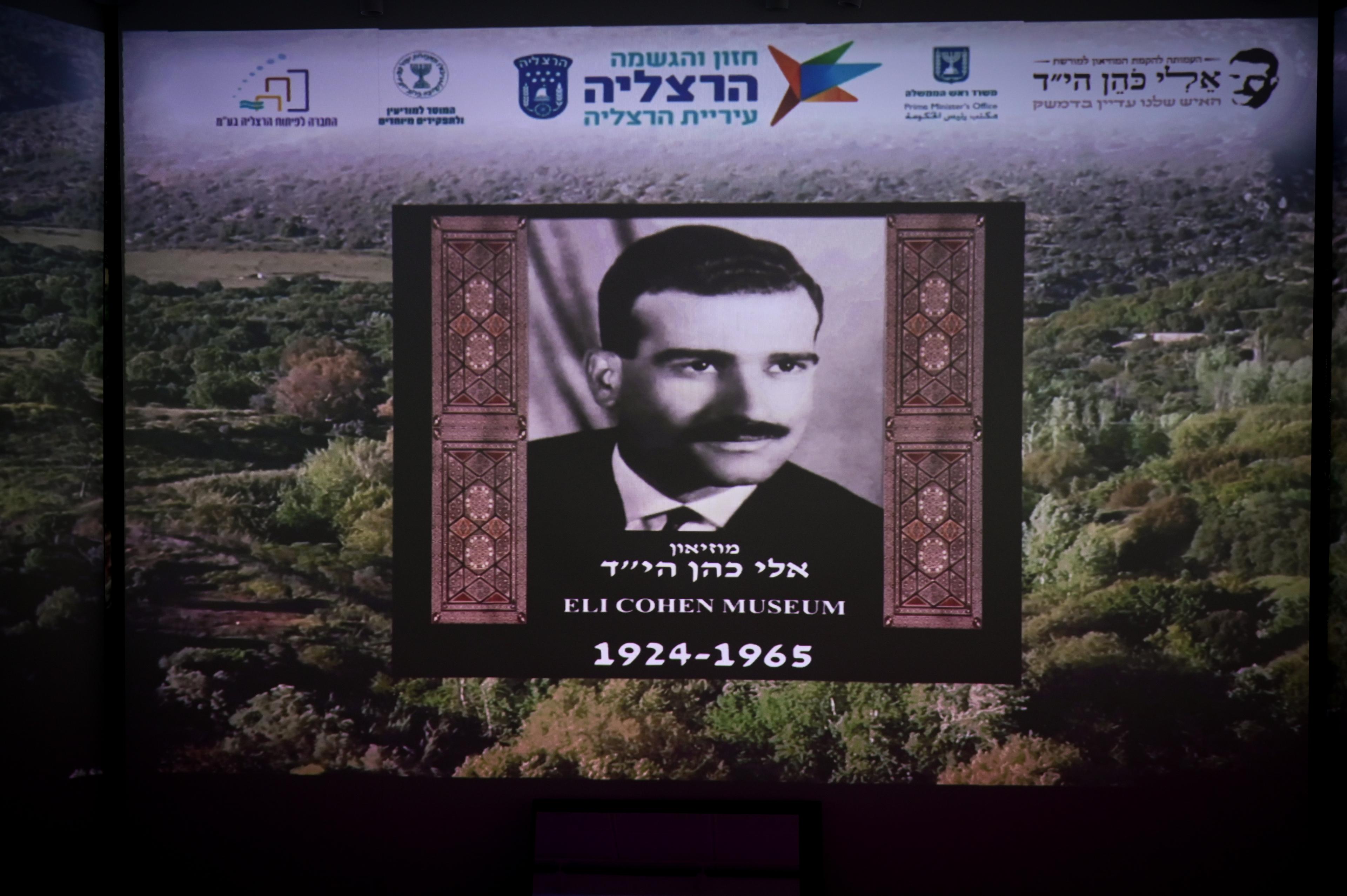A unique opportunity to bring Eli Cohen home
How Israel could use Bashar Al-Assad's fall to recover famous spy Eli Cohen's remains
Despite numerous attempts and appeals spanning over five decades, the location of Eli Cohen's remains continues to be a mystery, with his family still hoping for closure and a proper burial in Israel.

Israel's legendary spy Eli Cohen was executed in Damascus on May 18, 1965, after his cover as Kamal Amin Ta'abet was blown. Since then, multiple attempts and rumors have surrounded efforts to return his body to Israel for burial.
The 1965 Operation
Just one month after Cohen's execution, on June 21, 1965, Arab media reported a daring covert operation near the Lebanese border. According to these reports, operatives - allegedly from the Mossad - exhumed Cohen's body from the Jewish cemetery in Damascus and attempted to smuggle it through mountainous terrain. The mission was reportedly thwarted when a shepherd spotted the team near the Syrian town of Zabadani, forcing them to abandon the body. While Israeli officials denied the operation at the time, Maurice Cohen, Eli's brother who worked for the Mossad, later confirmed it was a failed mission.
Decades of Uncertainty
Following the failed 1965 attempt, Syrian authorities reportedly moved Cohen's remains multiple times to prevent future recovery attempts. His widow Nadia made numerous appeals over the years, including sending letters and family photos to Syrian President Bashar Assad in the early 2000s, hoping to soften his stance on returning her husband's remains.
Recent Developments
In 2018, in a rare successful operation, the Mossad recovered Cohen's wristwatch, which was presented to his family by then-Mossad chief Yossi Cohen. Prime Minister Benjamin Netanyahu praised the operation but provided no details on how the watch was obtained from "enemy hands."
2019 Rumors
In April 2019, rumors circulated that Cohen's remains were being transported to Israel via a Russian delegation. These reports, first published by Channel 12 News, emerged shortly after Russia had helped return the remains of IDF soldier Zachary Baumel. However, Israeli cabinet ministers refused to comment, and the reports were questioned due to lack of official Syrian opposition sources.
2020 Investigation
In May 2020, as Israel marked 55 years since Cohen's execution, Dr. Dotan Goren published new research that provided additional verification of the 1965 operation. His investigation uncovered previously unknown details about the failed mission, including testimony from Cohen's brother Maurice, who had worked for the Mossad decoding messages. This research added credibility to the long-disputed reports about the early attempt to recover Cohen's remains.
With the fall of Assad's brutal regime to the Syrian rebels, Israel finds itself in a unique position to rescue and return Cohen's remains.
Jpost and Arutz Sheva contributed to this article.